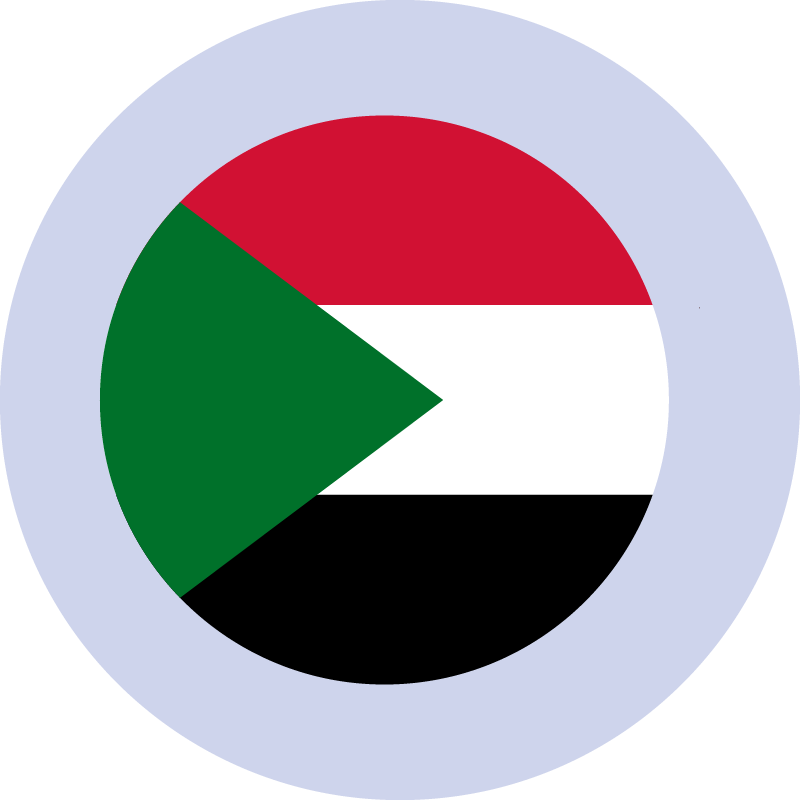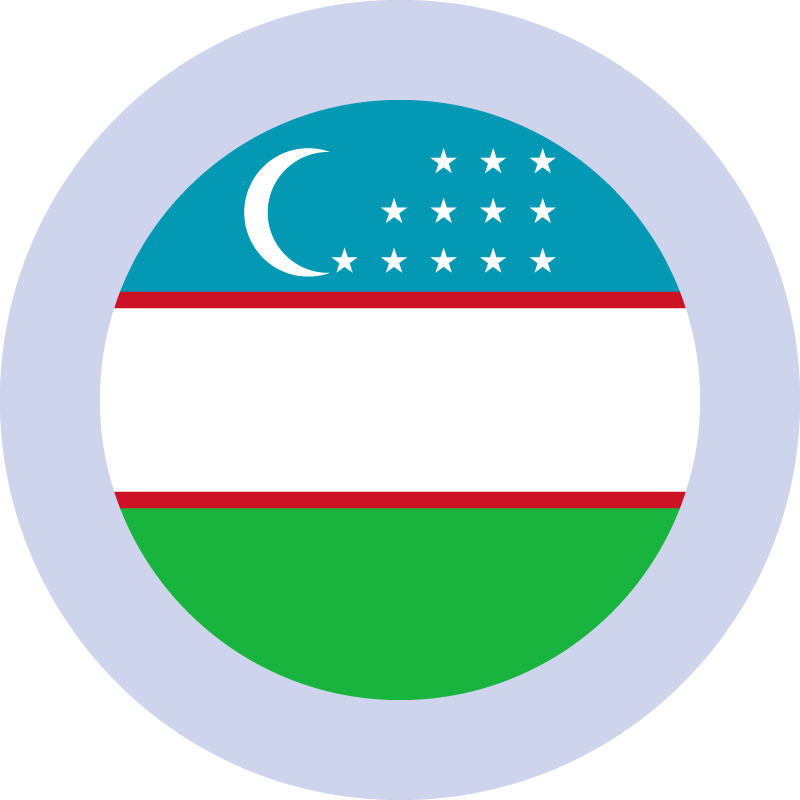 Insight
Insight
New job vacancies
GPG is recruiting! We are seeking to appoint for the positions below:
- A Business Development Coordinator to help develop and co-ordinate GPG’s internal systems and external relationship management.
- A Jordan Country Representative and Partnerships Manager based in Amman to support our expanding project teams with effective and consistent operations procedures and policies.
- An Arabic-speaking Intern to provide research and administrative support to our project staff.
You can find out more details for both roles on our Jobs webpage.
Read our recent blogs
What role can Parliament hold in influencing youth political and civic engagement in Iraq?
This month, GPG’s Head of Iraq Programme Adlah Alkurdi shared her memories and impressions of GPG’s work in Iraq and examined how the country can hope to address the grievances of its young people in the face of unemployment and insecurity.
Lebanon in crisis: Doomed with a shared future?
GPG MENA Manager Nayla Zein, recently returned from a visit to her home country of Lebanon, her home country reflected on on the successive conflicts that came to shape the country’s fragile state and the ongoing competition over the future of the country, two years on since the October 2019 protests.
What outcome can we expect for Iraq’s elections?
Earlier this month, Iraq hosted parliamentary elections amongst record low voter turnout. GPG Associate and former FCO Minister Meg Munn outlined the context and stakes of the ballot and reflects on what changes it may bring.
Make sure to also read our October Associate Profile. This month, we find out about Lord Jeremy Purvis of Tweed, a Liberal Democrat working peer and one of the youngest ever Life Peers.
Discover our new website
If you’re reading this, you may have noticed – GPG got a brand new website! We are very excited to share this fully refurbished platform with you. We paid close attention to the way its navigation works, as we want it to best display GPG’s global experience and the breath of our projects.
This month, discover one of our five areas of expertise: Politics of Anti-Corruption
Within many legislatures, corruption is a persistent issue which restricts economic growth and hinders the equal distribution of its benefits. Corruption is the abuse of public resources or public power for personal gain, which can be manifested in many different forms, from the payment of bribes to diversion of funds, to preferment in allocation of jobs or influential roles. GPG works to understand the political drivers for corruption and address these through fostering wider behavioural change within institutions.
Explore the area of expertise’s page: find out about our expert Associates supporting us on this topic, including former Former Permanent Secretary of the MoD Sir Bill Jeffrey, former ANC Member of the South African Parliament Andrew Feinstein, or Executive Director of the African Center for Parliamentary Affairs (ACEPA) Rasheed Draman.
Scroll down and explore our diverse case studies, which include supporting the Kuwait national anti-corruption strategy, enabling parliamentary oversight and accountability in Kyrgyzstan, and supporting Iraq’s parliamentary committee’s fight against corruption .
Finally, discover our range of related resources. You may want to look into our Handbook on Parliamentary Ethics and Conduct, which aims to describe and explain the constituent parts of a system of ethics and conduct to be implemented, and to identify the key issues for politicians in developing, implementing and enforcing such a system. You can also explore our Guide to Parliament paper on financial oversight – or why not listen to our Politics As Usual podcast’s episode interviewing our Associate Andrew Feinstein?
 Sudan
Sudan
Sudan’s coup
We regret to observe the past week’s military coup in Sudan which resulted in the detention of now former Prime Minister Abdalla Hamdok, who was since released from house arrest on Wednesday.
While many factors contributed to increased tensions within the country, the imminent rotation in leadership of the Sovereign Council played a role in motivating the takeover. As agreed in the aftermath of the revolution which deposited former President Omar al-Bashir, leadership of Sudan’s Sovereign Council was to be held by a representative of the military for the first 21 months of the transition before being handed over to a civilian representative. This handover was due on 17 November.
Leader of the coup General Al-Burhan, who stated on Monday that the takeover’s purpose was to correct the path taken by the revolution, declared the following:
- The beginning of a state of emergency which would nevertheless observe the constitutional declaration;
- The instauration of martial law;
- The dissolution of the Sovereign Council;
- The dissolution of the Cabinet and the removal of the ministerial Under-Secretaries and State Governors;
- The suspension of official communications;
- The appointment of a technocratic government, of a Legislative Council, and of a constitutional court by the end of November
- The promise of elections to be held, as planned, in July 2023.
Sudan is currently experiencing internet blackouts which are making the situation extremely difficult to monitor, but we are grateful to say that our staff, colleagues and local collaborators are safe and accounted for.
While we will be closely monitoring the situation and await its next developments to make long-term decisions about next steps for our projects, we have paused our immediate trips to the country and regional study tour planned with some of our counterparts.
Meanwhile, as pointed out by news report, many protestors were injured over the course of the past week and many more are getting ready for the upcoming mass demonstration on the 30th of October. We can only voice our concern for the safety and rights of the people of Sudan and our hope that the situation will resolve without further bloodshed. Our thoughts are with Sudan and we look forward to supporting again their efforts towards lasting peace.
 Bahrain
Bahrain
Successful conclusion for our Parliamentary Dialogue series in partnership with Bahrain’s Shura Council
Earlier this month, the Shura Council of the Kingdom of Bahrain (Upper House) delivered the last of three successful Parliamentary Dialogue sessions in collaboration with GPG and the Bahrain Embassy in the UK. The sessions ran from June 2021 to October 2021, and respectively discussed post-Covid economic and social developments, parliamentary innovation during the pandemic and Covid-19’s impact on the future of parliamentary work, and recent security and defence issues with a special focus on the growing importance of cyber-security.
The sessions were attended by their excellencies the Shura Council Members, who engaged in an open dialogue with GPG’s expert Associates including former Prime Minister of Estonia HE. Taavi Rõivas, Rt. Hon. Alistair Burt, Rt. Hon. Margaret Curran, Rt. Caroline Flint, and Sir Bill Jeffrey.
The sessions highlighted the importance of initiating parliamentary discussion forums with speakers from different countries to promote the exchange of knowledge and viewpoints as well as to enable cooperation and mutual learning. GPG is proud of this distinguished project with the Bahrain Shura Council and looks forward to opportunities for more collaboration in the future.
 Iraq
Iraq
Great steps for the Iraq project: parliamentary transition, support to the Legislative Affairs Directorate, and continued collaboration with the Youth and Sports committee
October brought about significant milestones for Iraq and our project. In spite of their record-low turnout, the October 10th elections put in motion another step of the parliamentary transition through which we are supporting the Iraqi Parliament and its staff.
Over the course of the past month, GPG held an online session with the transition team. Our goal is now to ensure staff is thoroughly prepared to welcome the incoming Members of Parliaments. The online session addressed the practicalities of the transition and shared best practice advice drawing on the UK experience. In a second part, the session outlined steps to develop a strategic plan to oversee and manage transition work.
GPG’s team also held an online session with the Iraqi Council of Representatives’ Legislative Affairs Directorate. The aim of the session was to introduce the Directorate’s work and the main obstacles encountered during the parliamentary legislative process. We look forward to expanding this collaboration.
Finally, we are continuing our follow up with the Youth and Sports Committee in order to finalise the report on their enquiry into youth training and employment laws. The next steps will now look into promoting and disseminating the report.
Keep an eye out for our upcoming research paper!
We are excited to share with you that GPG will be publishing a new research paper very shortly! The publication will be exploring the causes, drivers, and challenges to female entrepreneurship in Iraq. Keep an eye on platforms for the upcoming launch!
 Uzbekistan
Uzbekistan
GPGF is visiting Tashkent!
With great excitement, the GPGF team, alongside our Head of Programmes Zafran Iqbal and Associate Baroness Alison Suttie, set course for Tashkent near the end of October to meet with the Oliy Majlis Human Rights Commission and its Chair, Professor Akmal Saidov. The purpose of the trip is to consolidate our relationship with our partners and to seize the opportunity of face-to-face discussion – after almost two years of Zoom-based collaboration! – to establish a roadmap of the activities we are hoping to run with the Commission until the end of March 2022.
As the protractedly remote nature of the training’s delivery proved challenging for both the GPGF team and the Commission, prior to the visit we focussed on implementing revisions to our project schedule. While in Uzbekistan, the team will be making the most of this opportunity by identifying the next steps for our programme in collaboration with the Commission so as to ensure the quality of our work and the effectiveness of the support to our partners.
 Lebanon
Lebanon
The new iteration of our Lebanon project launches with the 2022 local elections as its target
We are delighted to announce that GPG Foundation has launched a new iteration of our project in Lebanon. The programme will seek to promote women’s political participation in the country by encouraging and supporting female candidates running for local office. Women representing different backgrounds and areas of the country will be supported to plan their own campaigns for the upcoming 2022 local elections.
In spite of many challenges currently facing Lebanon, GPGF is working on the creation of a strategic planning platform for female candidates, which will operate via in-person and online sessions delivered by our local Associates and high-level experts, Dr Josephine Zgheib, Dr Halimeh Kaakour, and Mr. Moataz Ghaddar.
Additionally, the project will include a section focussing on Male and Female Allies, drawing on the five-module course GPG developed with the International Republican Institute’s Women Democracy Network in December 2020. Our focus will be to promote allyship with relevant stakeholders across different official and informal Lebanese institutions in order to support women’s political participation in those environments.



